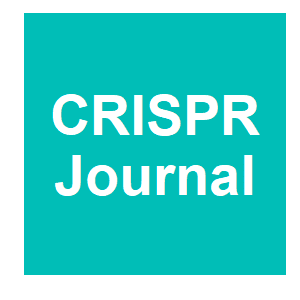Progress Toward Zygotic and Germline Gene Drives in Mice

|
C. Pfitzner, M. A. White, S. G. Piltz, M. Scherer, F. Adikusuma, J. N. Hughes and P. Q. Thomas,
The CRISPR Journal,
3:388-397.
2020.

CRISPR-based synthetic gene drives have the potential to deliver a more effective and humane method of invasive vertebrate pest control than current strategies. Relatively efficient CRISPR gene drive systems have been developed in insects and yeast but not in mammals. Here, we investigated the efficiency of CRISPR-Cas9-based gene drives in Mus musculus by constructing “split drive” systems where gRNA expression occurs on a separate chromosome to Cas9, which is under the control of either a zygotic (CAG) or germline (Vasa) promoter. While both systems generated double-strand breaks at their intended target site in vivo, no homology-directed repair between chromosomes (“homing”) was detectable. Our data indicate that robust and specific Cas9 expression during meiosis is a critical requirement for the generation of efficient CRISPR-based synthetic gene drives in rodents. More related to this: Development of zygotic and germline gene drives in mice Sexually antagonistic “Zygotic Drive” of the sex Chromosomes Super-Mendelian inheritance mediated by CRISPR-Cas9 in the female mouse germline
|



